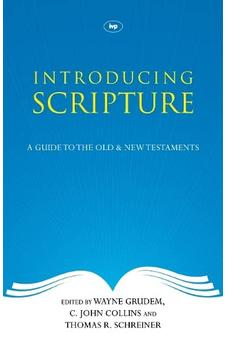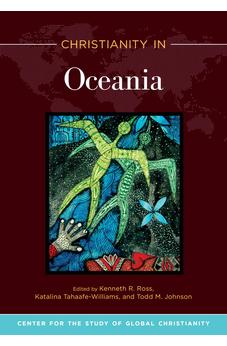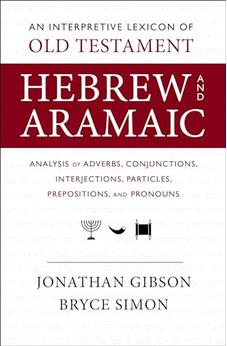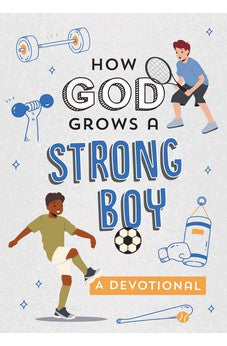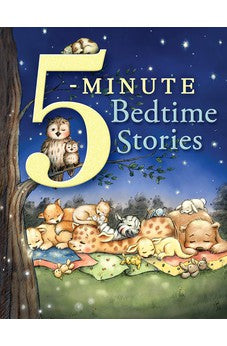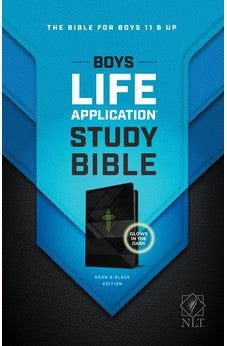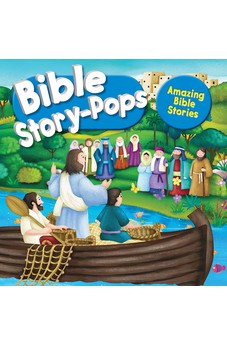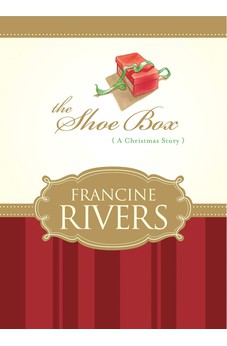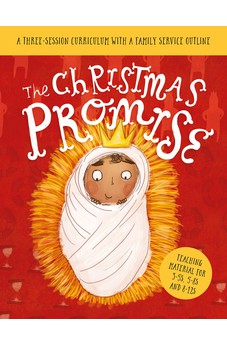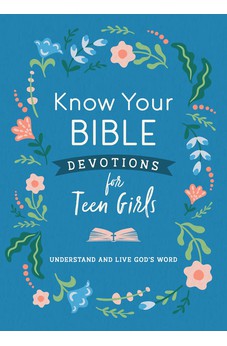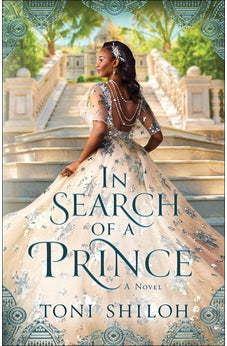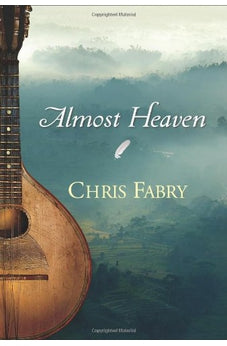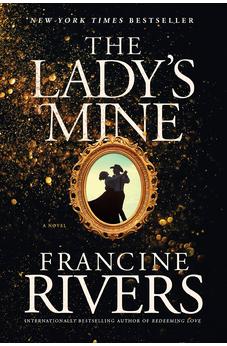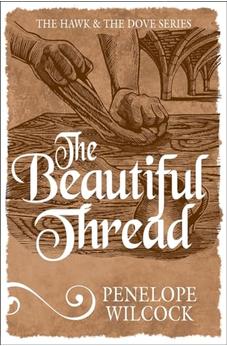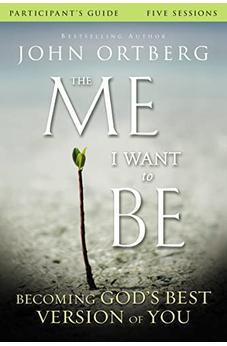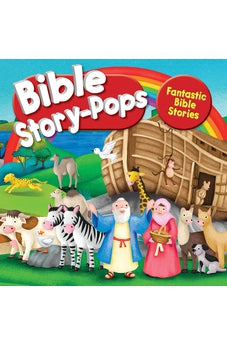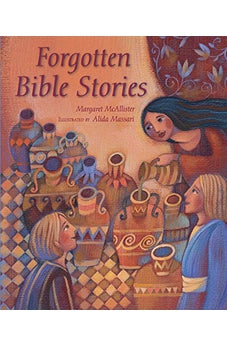Torah Ethics and Early Christian Identity
3 Great Reasons to Buy from Us:
In this volume thirteen respected scholars explore the relationship between the Mosaic law and early Christian ethics, examining early Christian appropriation of the Torah and looking at ways in which the law continued to serve as an ethical reference point for Christ- believers - whether or not they thought Torah observance was essential. These noteworthy essays compare differences in interpretation and application of the law between Christians and non- Christian Jews; investigate ways in which Torah-inspired ethical practices helped Christ-believing communities articulate their distinct identities and social responsibilities; and look at how presentations of the law in early Christian literature might inform Christian social and ethical practices today. Posing a unified set of questions to a diverse range of texts, Torah Ethics and Early Christian Identity will stimulate new thinking about a complex phenomenon commonly overlooked by scholars and church leaders alike. Review Brian S. Rosner - Ridley College "The question of the relationship between the early Christians and the law of Moses is notoriously complex. Does Christ replace the law? And if he does, in what sense does the law serve as a positive reference point for believers in Christ? Specifically, does the Mosaic law provide a moral compass for the early Christians? Torah Ethics and Early Christian Identity tackles these questions in a remarkably comprehensive manner, taking careful note of the relevant background in early Judaism as well as the development of New Testament ideas in selected church fathers. An incisive treatment of a matter that is of considerable historical, theological, and ethical importance." About the Author Susan J. Wendel is associate professor of New Testament at Briercrest College and Seminary, Caronport, Saskatchewan. David M. Miller is associate professor of New Testament and Early Judaism at Briercrest College and Seminary.




